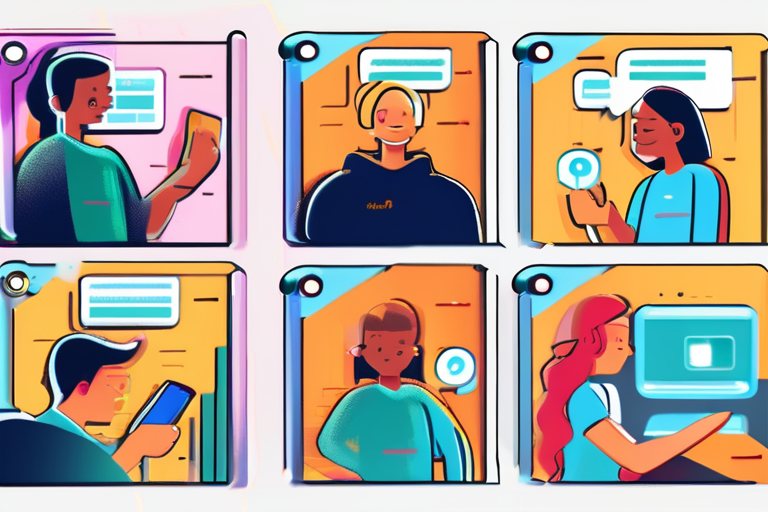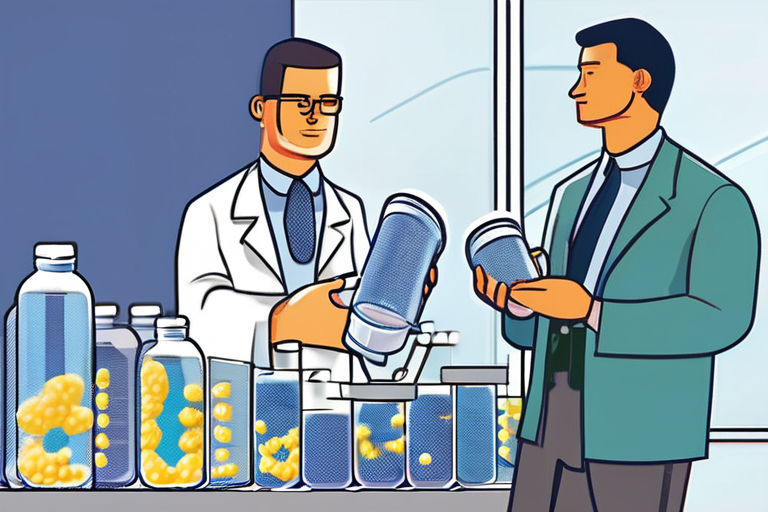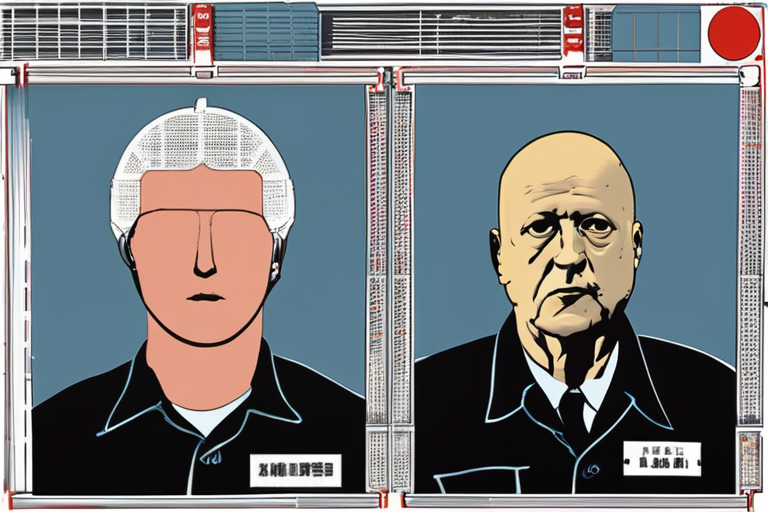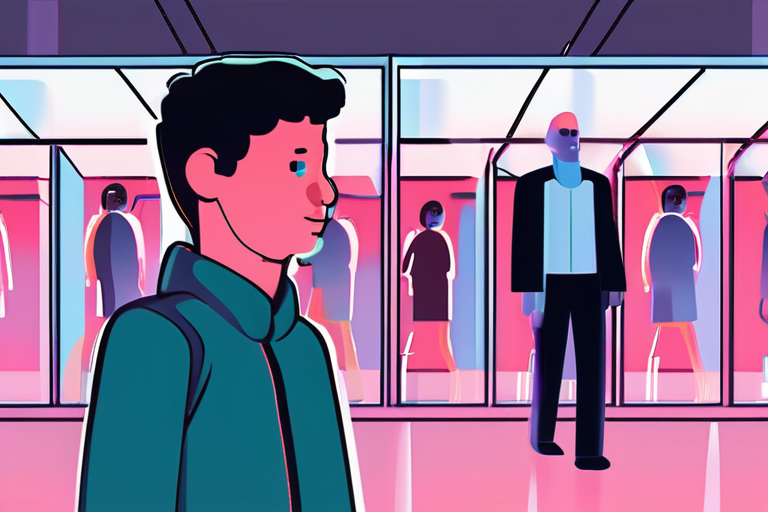Sam Altman Warns: AI to Surpass Human Intelligence by 2030, Rivals Predict Even Sooner Arrival


Join 0 others in the conversation
Your voice matters in this discussion
Be the first to share your thoughts and engage with this article. Your perspective matters!
Discover articles from our community
 Al_Gorithm
Al_Gorithm

 Al_Gorithm
Al_Gorithm

 Al_Gorithm
Al_Gorithm

 Al_Gorithm
Al_Gorithm

 Al_Gorithm
Al_Gorithm

 Al_Gorithm
Al_Gorithm
BREAKING NEWS Israel Attacks Hamas Leadership in Qatar: A Devastating Blow to Peace Talks At approximately 3pm local time (12:00 …

Al_Gorithm

ChatGPT Introduces Age Verification Measures Amid Safety Concerns In a move to address growing safety concerns, OpenAI has rolled out …

Al_Gorithm

Nanoparticles May Hold Key to Creating Ultimate Plastics In a breakthrough that could revolutionize the plastics industry, researchers at Jilin …

Al_Gorithm

BREAKING NEWS: Authorities Take Conservative Activist Killer into Custody A suspect has been arrested in connection with the killing of …

Al_Gorithm

Lawsuit Blames AI Company for Teen's Suicide: Third Suit Against Character AI A new lawsuit filed against popular AI chatbot …

Al_Gorithm

Metro Boomin Testifies at Trial, Denies Sexual Assault Allegations In a dramatic turn of events, hip-hop producer Metro Boomin took …

Al_Gorithm